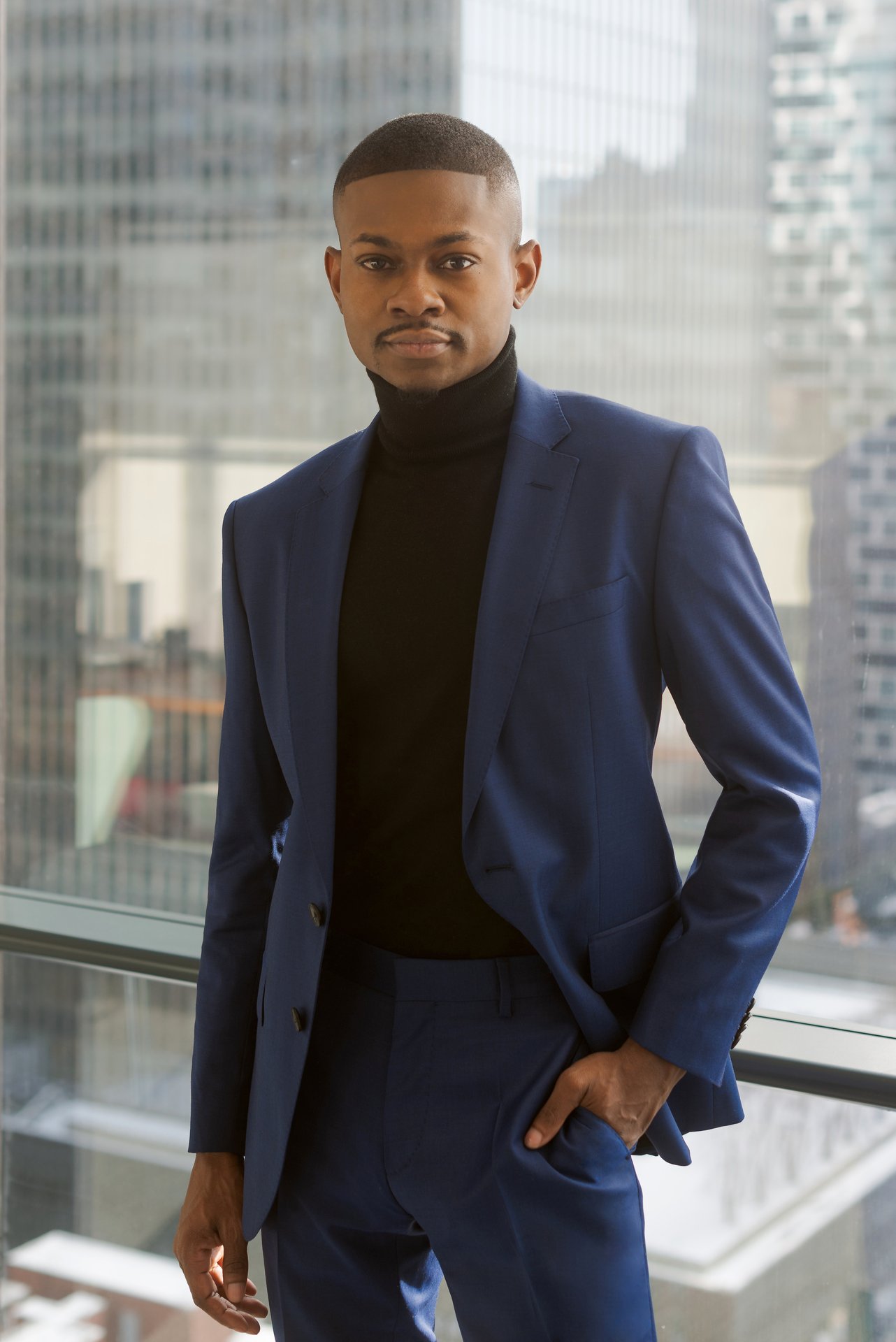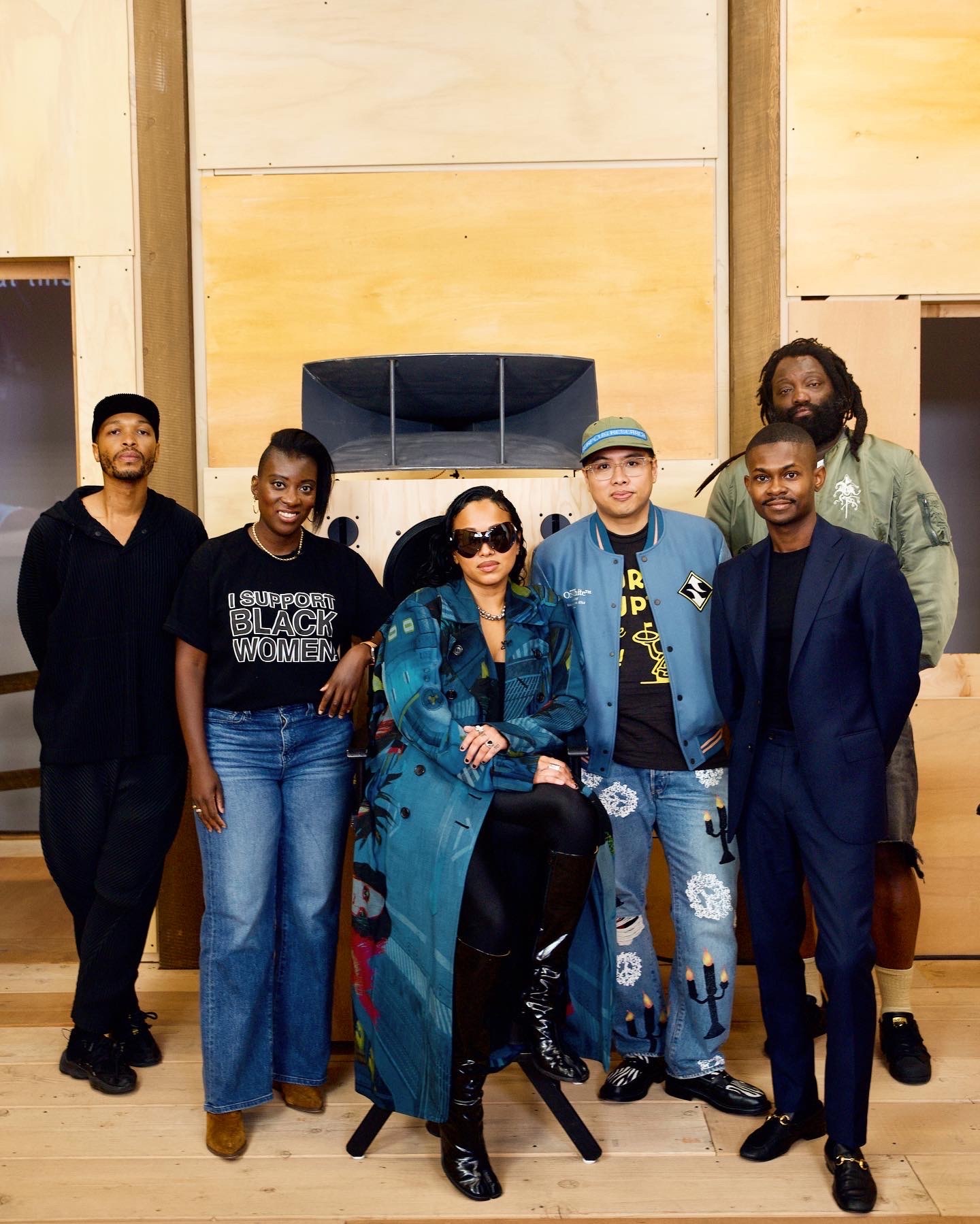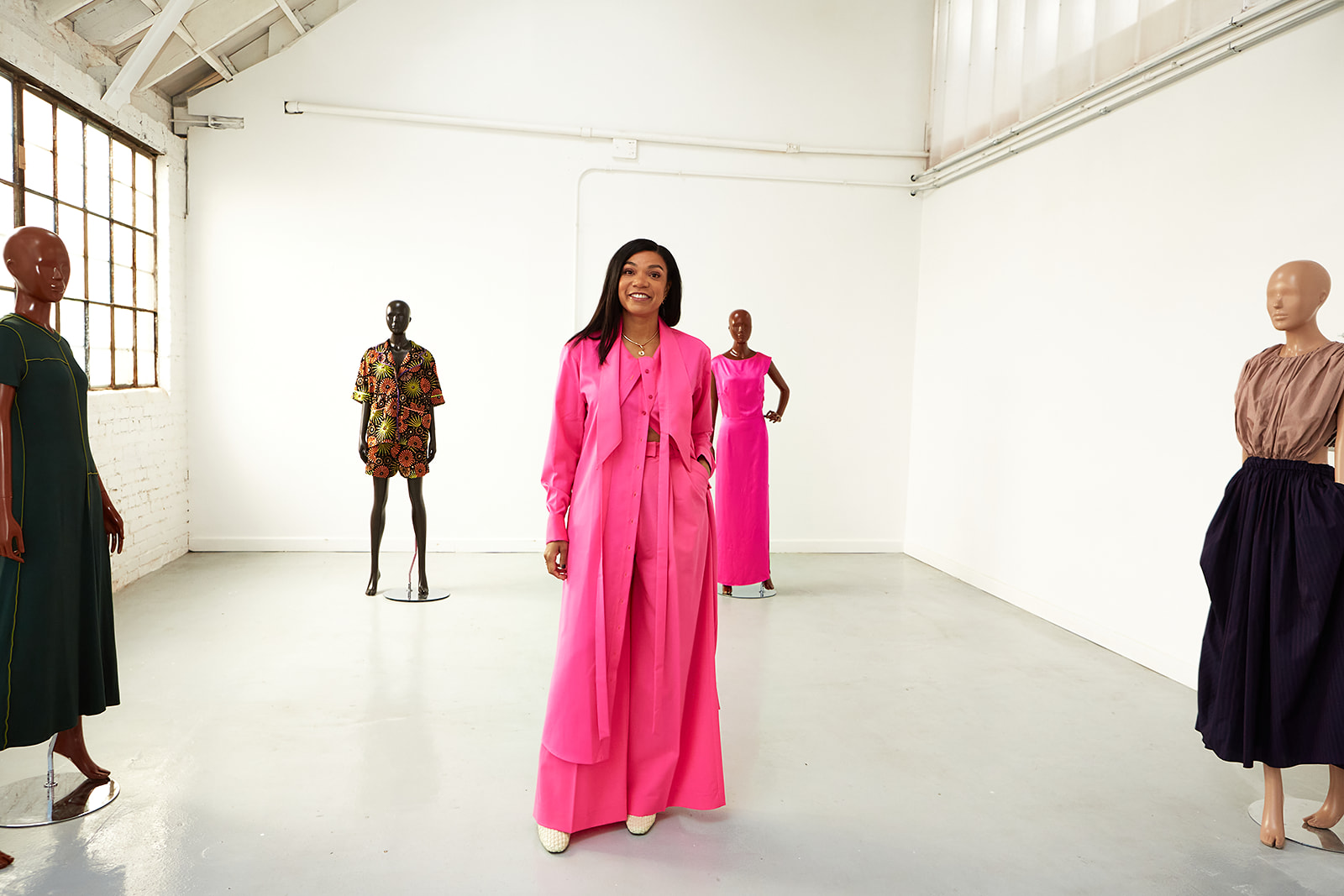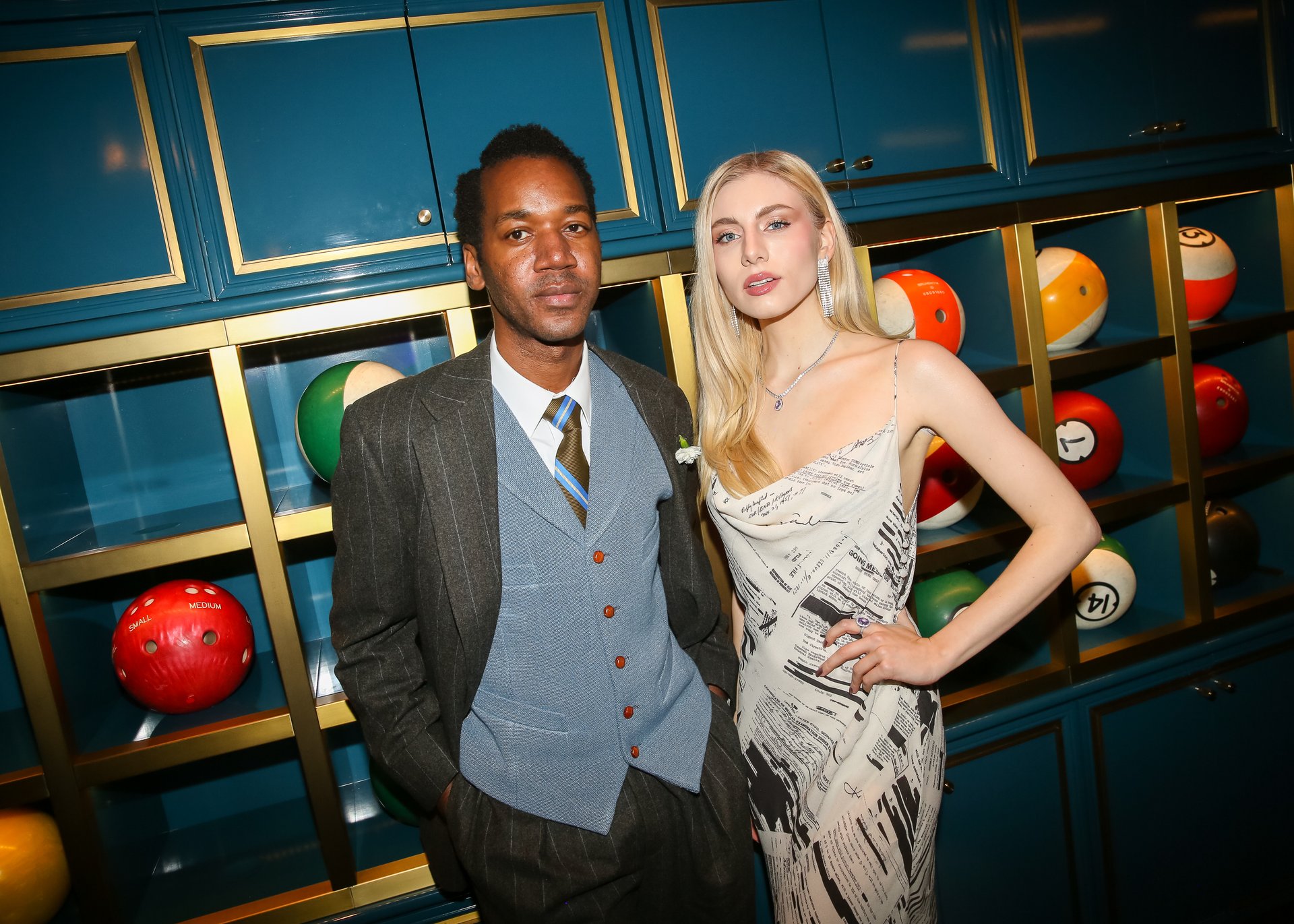You mentioned driving sales revenue for BAZAAR, ELLE, Esquire, and Cosmo. What does this mean exactly? Is this more client based than consumer?
Like most media companies, we are a revenue-based organization. For example, there’s teams responsible for leading advertising revenue, consumer revenue, and alternative revenue streams. It’s important to understand all aspects of our organization, to effectively meet the expectations of my role.
Where I sit involves a mix of both brand/consumer marketing and sales marketing. As part of the Hearst Media Solutions team, much of my day to day consists of writing proposals in response to RFPs and client briefs as a means of cultivating brand partnerships throughout the year. I am also responsible for developing consumer-facing brand marketing efforts like “Celebrate Black,” which is more about showcasing the values of our company and making sure we are in touch with diverse audiences at scale and in interesting and exciting ways.
You’ve done something big by co-founding Hearst Black Culture. Talk about it and how it’s impacting Black employees at the House?
In 2019, myself and two colleagues co-founded Hearst Black Culture. It came about through countless conversations that were being had at the time about building community. As an HBCU graduate, the idea of community is vital to me, and I look for like-minded individuals wherever I go – but also a Black community of professionals that I can network with. We saw the need for it, presented the idea to the powers that be, and ultimately the organization was greenlit.
Our annual Celebrate Black Style Summit is a program that I spearheaded from conception to execution, it’s an innovation that’s become one of our signature programs at Hearst, both from a multicultural and experiential standpoint. This past October, we re-launched the annual program (now in its second year), in a hybrid model with both streaming and live event formats. The event was sponsored by blue-chip advertisers including Shea Moisture, The Ritz Carlton, Stitch Fix, and Sephora. We hosted a total of ten panel discussions and fireside chats over the course of three days. The sessions were moderated by Hearst Magazines editors and streamed live from a custom microsite at HearstBlackCultureSummit.com. Gayle King, editor-at-large of Oprah Daily moderated a discussion with Tracee Ellis Ross produced live from the Ritz Carlton in front of 75 special guests. Samira Nasir, Editor-in-Chief of Harper’s BAZAAR, led a fireside chat with Jerry Lorenzo, Founder of Fear of God, about his groundbreaking work. Julee Wilson, beauty editor-at-Large at Cosmopolitan, moderated a panel discussion entitled The Beauty of Black Hair, with an all-star panel of beauty leaders, including Cara Sabin, CEO of Beauty and Wellness at Unilever USA, Actress and Activist Angelica Ross, and Anthony Dickens, World Renowned Hair Stylist.
I’m not sure I knew the impact this idea would have when it was conceived, but I’m tremendously grateful for the entire team at Hearst and for everyone who touched the project. The networking aspect is an incredible tangible asset that Black employees can take away while hearing from industry thought leaders in the process.
When we first spoke, you specifically said you think it’s important to increase the representation on the business side of fashion and share resources for the next generation of Black Professionals. I’m interested in hearing more of your thoughts on this.
It comes down to the fact that representation matters. I relate it back to my first role out of college at Combs Enterprises. Seeing these Black executives and leaders in business, especially then, was not something I often experienced. But seeing them in action was pivotal to how I would eventually see myself. You never know the effect you can have on someone by just being and existing. For LGBTQ+ folks, Black gay men specifically who most likely haven’t seen themselves on the business side, I want to be that representation of what can be, because that is who I am. I consider that to be my life’s work; hopefully, I’m opening doors for more of us to see ourselves. One of my career highlights was interviewing one of my greatest inspirations André Leon Talley, for Oprah Magazine as a passion project in 2020. He is someone who paved the way for so many of us in the fashion industry, and it happened to be one of his last public interviews. I will forever cherish that experience.
I recall you also mentioned that you wanted to talk about your career journey. So, Tommy, what exactly do you want folks to know about how you’ve gotten to where you are?
That through hard work, discipline, positivity, and optimism, the possibilities are endless. There’s no cap on what you can do when you work hard and have a vision for your future. It starts with having a solid idea of what the long-term goal is. I know we live in a society of instant gratification, but I have no problem waiting and taking the long road to the bigger picture. Not to quote Jay-Z, but he said, “Do you want to be a trend or Ralph Lauren,” and that sticks with me.
What are you hoping the next 3-5 years look like?
I won’t give away all my secrets, ha-ha, but I hope that the next three to five years are filled with work that I’m passionate about. I’m grateful for all the opportunities I’ve had and currently have. I hope the coming years are occupied with positivity, gratitude, and passion for moving innovation forward in marketing. I also hope that I’m someone that other young marketers can look to as a thoughtful and impactful leader who has driven innovation in beauty, entertainment, and fashion.
IG: @tommyjatkins





